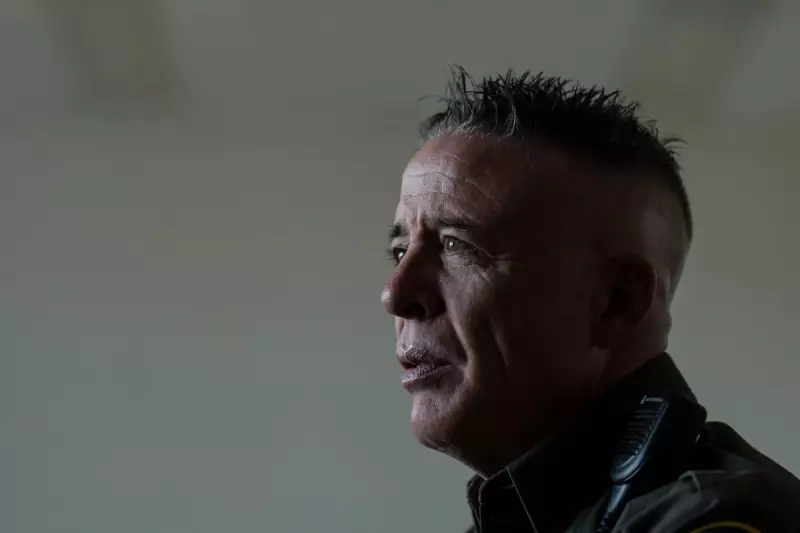
In a dramatic escalation of America's border security debate, Republican governors from across the United States have initiated a significant deployment of National Guard troops to the southern border with Mexico.
The coordinated effort, spearheaded by Texas Governor Greg Abbott, involves personnel and resources from 13 states including South Dakota, Florida, and Iowa. This move represents one of the most substantial interstate security mobilisations in recent history.
Political Standoff Intensifies
The deployment comes amid an increasingly bitter political confrontation between Republican-led states and the Biden administration over immigration policy. Governors supporting the operation have cited what they describe as an "unprecedented crisis" at the border, with record numbers of migrant encounters reported in recent months.
South Dakota Governor Kristi Noem announced the deployment of 60 National Guard troops from her state, emphasising the need to "stand up for our national sovereignty." The troops are expected to remain stationed in Texas for approximately 30 days.
Financial Implications and Criticisms
The operation is being funded through a combination of state resources and private donations. Notably, a Tennessee billionaire has contributed substantial funds to support South Dakota's deployment, highlighting the unusual private involvement in what is typically a government security matter.
Democratic leaders have sharply criticised the move, with Illinois Governor JB Pritzker calling it a "political stunt" that wastes valuable resources. The White House has similarly condemned the operation as unnecessary and politically motivated.
Broader Implications
This deployment signals a growing trend of states taking immigration enforcement into their own hands, challenging federal authority on border matters. The arriving troops will supplement existing Border Patrol efforts, though their exact duties and rules of engagement remain unclear.
The situation continues to develop as additional states consider joining the operation, potentially creating one of the largest state-led security mobilisations in US history.






